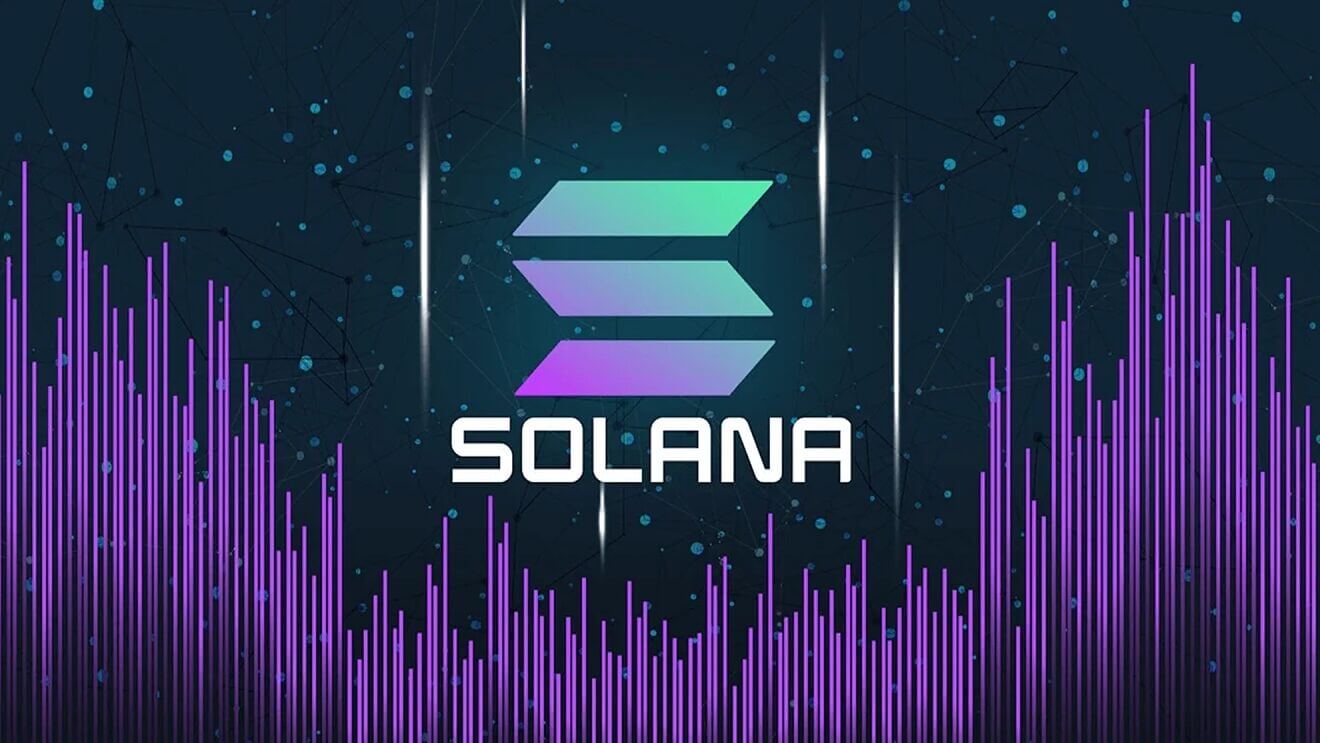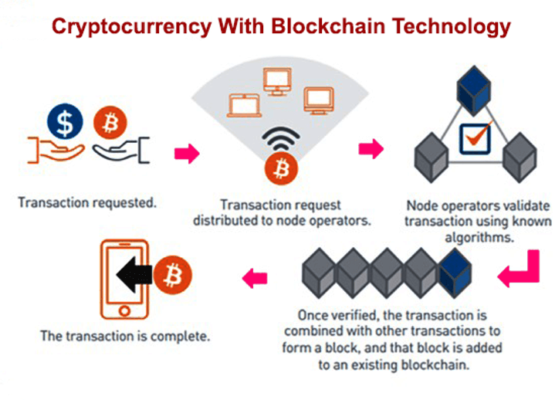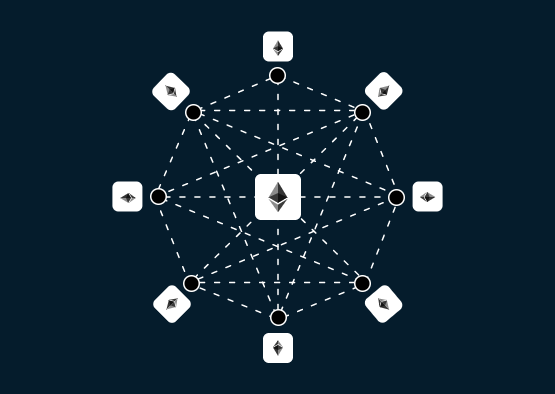Are you tired of traditional gaming systems that lack transparency and fairness? Well, get ready to level up your gaming experience with blockchain technology. Yes, you read it right! Blockchain is revolutionizing the gaming industry by providing a decentralized platform where players can enjoy fair play, secure transactions, and true ownership of their virtual assets. In this blog post, we will explore how blockchain is transforming the way we play games and why it’s creating a buzz in the world of online gaming. So sit tight and let’s dive into the exciting world of blockchain-based games!
Introduction to Blockchain
Blockchain is a distributed database that allows for secure, transparent and tamper-proof record-keeping. It is the technology that underpins Bitcoin and other cryptocurrencies, and it has the potential to revolutionize many industries, including the gaming industry.
The gaming industry is already starting to explore the potential of blockchain technology. For example, one company is using blockchain to create a decentralized marketplace for in-game items, which could help to address the issue of fraud and scams in the industry. Another company is using blockchain to power a new type of online game that allows players to earn cryptocurrency rewards for completing tasks.
There are many other potential applications of blockchain in the gaming industry. For example, blockchain used to create digital wallets for players to store their in-game items and currency, or to power decentralized game economies where players can trade items with each other. The possibilities are endless, and it will be interesting to see how the gaming industry embraces blockchain technology in the years to come.
In conclusion, blockchain is a powerful technology that has the potential to revolutionize the gaming industry. It could help to reduce fraud and scams, create new types of games, and enable players to trade in-game items more securely. It is an exciting time for the gaming industry, and it will be interesting to see how far blockchain can take us in the years to come.
How Blockchain is Changing the Gaming Industry
The way we play video games is changing. Blockchain is already having an impact on the gaming industry, and it’s only going to become more prevalent in the years to come. Here’s a look at how blockchain is changing the gaming industry:
Microtransactions: In-game microtransactions are becoming more common, and blockchain is making them more secure. With blockchain, game developers can be sure that in-game purchases are genuine and that players are who they say they are. This could help to reduce fraud and increase revenue for game developers.
Game items as commodities: Thanks to blockchain, game items can now be trade like any other commodity. This has led to the development of new “crypto games” where players can earn real money by playing the game. It also means that game items can be sold on third-party marketplaces, giving players more options when it comes to how they spend their money.
Improved security: One of the biggest benefits of blockchain is improved security. With blockchain, player data is stored securely and cannot be hacked or tampered with. This gives players peace of mind knowing that their personal information is safe, and it reduces the risk of fraud and cheating in online games.
Benefits of Blockchain in the Gaming Industry
The use of blockchain in the gaming industry has a number of benefits. First, it can help to create a more secure and transparent gaming environment. Second, it can help to reduce costs and increase efficiency. It can help to create new opportunities for game developers and players.
Blockchain technology can help to create a more secure gaming environment by providing a decentralized and tamper-proof platform for game data. This can help to prevent cheating and fraud, as well as ensuring that all players have access to the same information.
Blockchain technology can also help to reduce costs and increase efficiency in the gaming industry. For example, the use of smart contracts can automate many of the processes involved in game development, distribution, and transactions. This can lead to reduced costs and faster transaction times.
Blockchain technology can create new opportunities for game developers and players. For example, the use of tokenization can enable developers to raise funds for their projects through initial coin offerings (ICOs).
Challenges Faced by the Gaming Industry with the Implementation of Blockchain
The gaming industry is currently facing a number of challenges with the implementation of blockchain technology. Firstly, there is a lack of understanding of the technology amongst key decision-makers within the industry. Secondly, there are concerns over the scalability of blockchain platforms, as many are still in their early stages of development. There is a need for greater collaboration between different stakeholders in order to drive adoption and ensure that the benefits of blockchain realized across the gaming ecosystem.
Examples of Games Utilizing Blockchain Technology
There are a number of ways in which blockchain technology is being used to revolutionize the gaming industry. Here are some examples:
1. Blockchain-based games are being developed that allow players to own and trade in-game assets in a secure, transparent and decentralized way. This could potentially lead to a more vibrant and liquid secondary market for game items. As well as giving players true ownership of their virtual belongings.
2. Using blockchain technology, game developers can create provably fair games that cannot be cheat or manipulated. This could help to restore player trust in online gaming, which has been eroded by scandals such as the CS:GO skin gambling debacle.
3. Blockchain technology used to create new types of games that not possible with traditional centralized architectures. For example, Ethereum-based games such as CryptoKitties allow players to breed and trade digital pets in a completely decentralized way.
4. By making use of blockchain-based micropayments, game developers can offer players new ways to monetize their time and effort spent playing their game. For example, gamers could be reward with small amounts of cryptocurrency for completing in-game tasks or achievements.
5. Blockchain technology can be using to help combat piracy and illegal copying of digital games. By using cryptographic hashes and digital signatures, it would possible to ensure that only authorized copies of a game played, and that no one playing pirated or cracked versions
Conclusion
All in all, blockchain technology is revolutionizing the gaming industry by providing. The solutions to problems that have long plagued developers and players alike. With blockchain-powered games, gamers can benefit from an improved economy with transparent transactions. While developers are able to build trust with users through provably fair gaming mechanics. As this technology continues to improve and become more widely adopted, we may see a new era of game development emerge as developers leverage the power of distributed ledgers for fun and profit.




